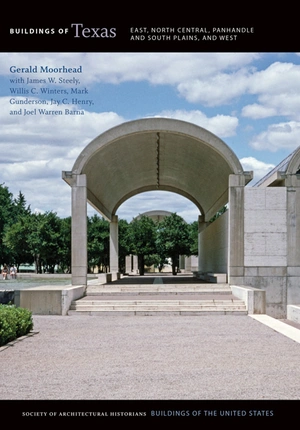The U.S. Army established Fort Mason in 1851 near an Indian campsite at Gamel Spring. Mason was settled predominantly by German immigrants moving farther north from the earlier settlement at Fredericksburg. The town of Mason grew up around the fort (which was decommissioned in 1868), became the county seat in 1869, and continued to prosper during the nineteenth century, largely because of cattle ranching. Unusually wide streets around the courthouse were used on market days to accommodate farmers’ wagons and teams.
The notorious Mason County War, or Hoodoo War, of 1874–1876 was a long-running series of feuds over the theft and slaughter of cattle, resulting in many killings and lynchings between factions. Nearly thirty Texas Rangers were needed to quell the violence. The courthouse mysteriously burned in 1877, destroying all records of the feuds, further confusing the history of the events.
Despite decades of economic enticements, Mason never received railroad service, and in 1923 it was the largest town in the state without a railroad connection. Ironically, this resulted in a fairly even growth, without the boom-and-bust cycles experienced by railroad towns. It also resulted in a continued reliance on local rather than imported building materials. By the 1930s, however, new highways largely eliminated the need for train service. Fred Gipson, author of the children’s book Old Yeller (1956), was a native of Mason.
Writing Credits
If SAH Archipedia has been useful to you, please consider supporting it.
SAH Archipedia tells the story of the United States through its buildings, landscapes, and cities. This freely available resource empowers the public with authoritative knowledge that deepens their understanding and appreciation of the built environment. But the Society of Architectural Historians, which created SAH Archipedia with University of Virginia Press, needs your support to maintain the high-caliber research, writing, photography, cartography, editing, design, and programming that make SAH Archipedia a trusted online resource available to all who value the history of place, heritage tourism, and learning.

